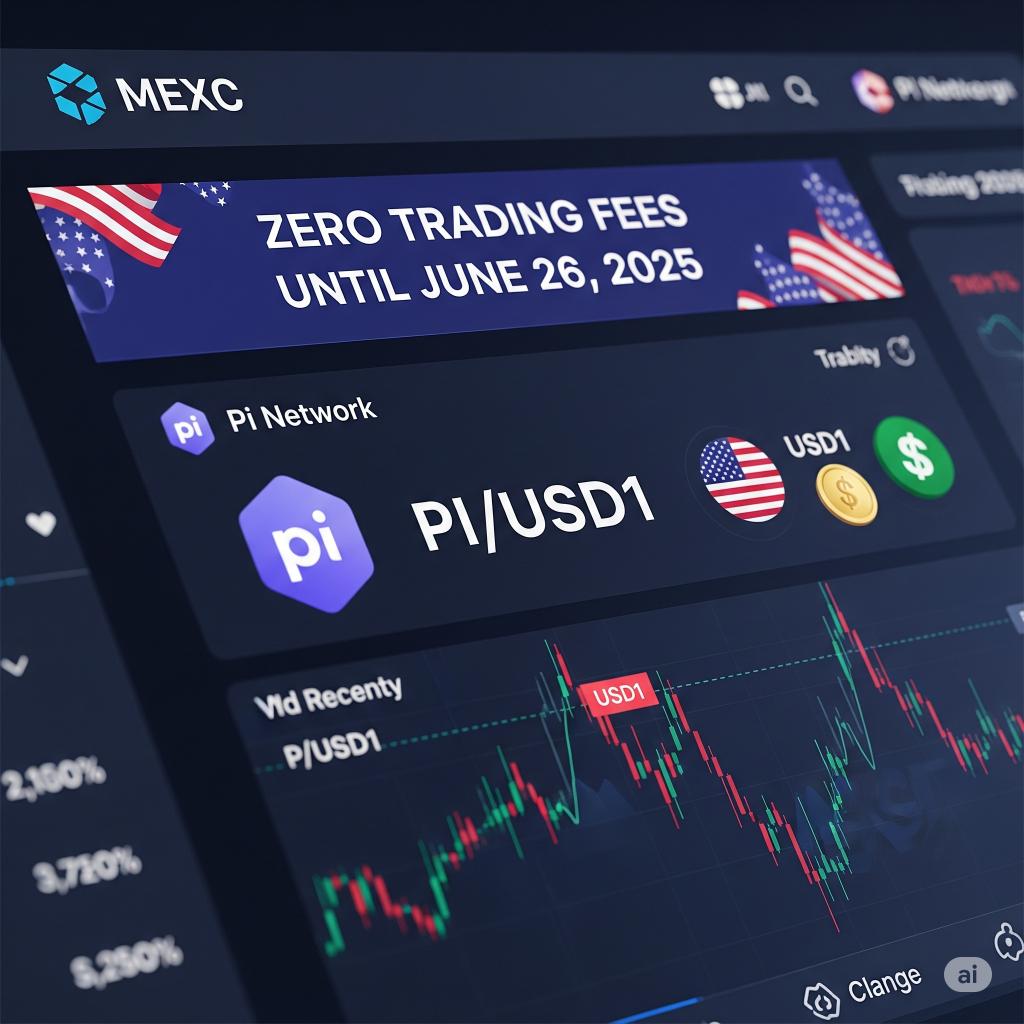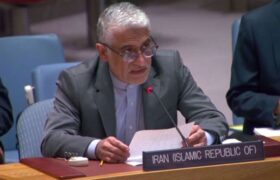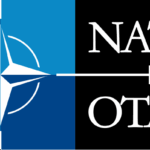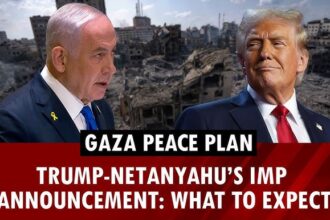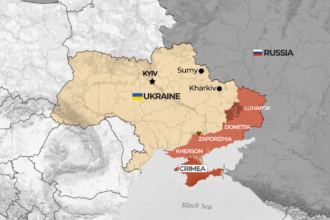In a high-level diplomatic exchange, Iran’s ambassador to Kuwait delivered a written message from Iranian Foreign Minister Hossein Amir-Abdollahian to Kuwaiti Foreign Minister Sheikh Salem Abdullah Al-Jaber Al-Sabah, in which Tehran condemned recent Israeli actions and characterized them as a blatant violation of international law. The ambassador strongly emphasized that the “Zionist regime’s” aggression against Iran represents a direct breach of the United Nations Charter and undermines regional stability.
The meeting comes amid heightened tensions across the Middle East, as Iran seeks to rally diplomatic support from its neighbors and regional partners in response to what it calls provocative and unlawful behavior by Israel.
The Message Delivered
During the meeting, the Iranian envoy outlined Tehran’s position on recent confrontations, including military threats, cyberattacks, and alleged covert operations linked to Israel. The ambassador stated that such acts not only endanger Iranian sovereignty but also pose broader risks to regional peace.
According to Iranian media, the written message delivered to Kuwait’s foreign minister called on the international community — particularly Islamic and Arab nations — to take a unified stance against what Iran describes as Israel’s repeated violations of international norms and sovereignty.
Iran maintains that Israel’s actions, including strikes on Iranian targets in Syria and alleged assassinations of nuclear scientists, constitute acts of aggression that fall outside the bounds of lawful self-defense as defined by the UN Charter.
Legal Arguments and the UN Charter
In his remarks, the ambassador cited Chapter I and Article 2(4) of the UN Charter, which prohibits the threat or use of force against the territorial integrity or political independence of any state. Tehran argues that Israel’s ongoing hostilities against Iranian interests violate these principles and should be condemned by the United Nations and its member states.
“This aggression is not only a threat to Iran, but to the principles of international order,” the ambassador said, urging Kuwait and other nations to recognize the broader implications of Israel’s actions.
The message also reportedly called for increased regional cooperation among Gulf states, with Iran expressing readiness to engage in dialogue and confidence-building measures, as long as its sovereignty and security are respected.
Kuwait’s Diplomatic Position
While Kuwait did not issue an immediate public response, Foreign Minister Sheikh Salem reiterated his country’s commitment to diplomatic engagement and peaceful resolution of disputes. Kuwait has traditionally taken a cautious and balanced approach in its foreign policy, maintaining strong ties with Gulf Cooperation Council (GCC) states while also preserving channels of communication with Iran.
Kuwait has previously expressed concern over rising tensions between Iran and Israel, particularly over the risk of escalation that could spill into the wider region. The country has also historically supported the Palestinian cause and has often criticized Israeli actions in occupied territories.
Regional and International Context
This latest diplomatic exchange occurs against the backdrop of mounting hostilities in the region. In recent months, Israeli airstrikes have reportedly intensified against Iranian-linked targets in Syria, while Iran has conducted several military drills near its borders in response to perceived threats.
Furthermore, tensions over Iran’s nuclear program continue to influence regional dynamics, with Israel warning that it will not allow Tehran to acquire nuclear weapons — a claim Iran denies, insisting its program is purely peaceful.
Tehran’s move to engage Kuwait diplomatically underscores its strategy to build regional consensus against Israel and frame itself as a defender of international law and multilateralism.
As tensions between Iran and Israel escalate, Tehran is stepping up its diplomatic outreach in the Gulf, seeking to position itself as the aggrieved party under international law. By invoking the UN Charter and appealing to regional partners like Kuwait, Iran aims to shift the narrative in its favor while challenging what it calls Israeli impunity.
Whether this strategy will yield significant diplomatic support remains to be seen. However, the meeting in Kuwait highlights the delicate balancing act that Gulf nations face as they navigate a volatile geopolitical landscape where power, law, and diplomacy increasingly collide.
